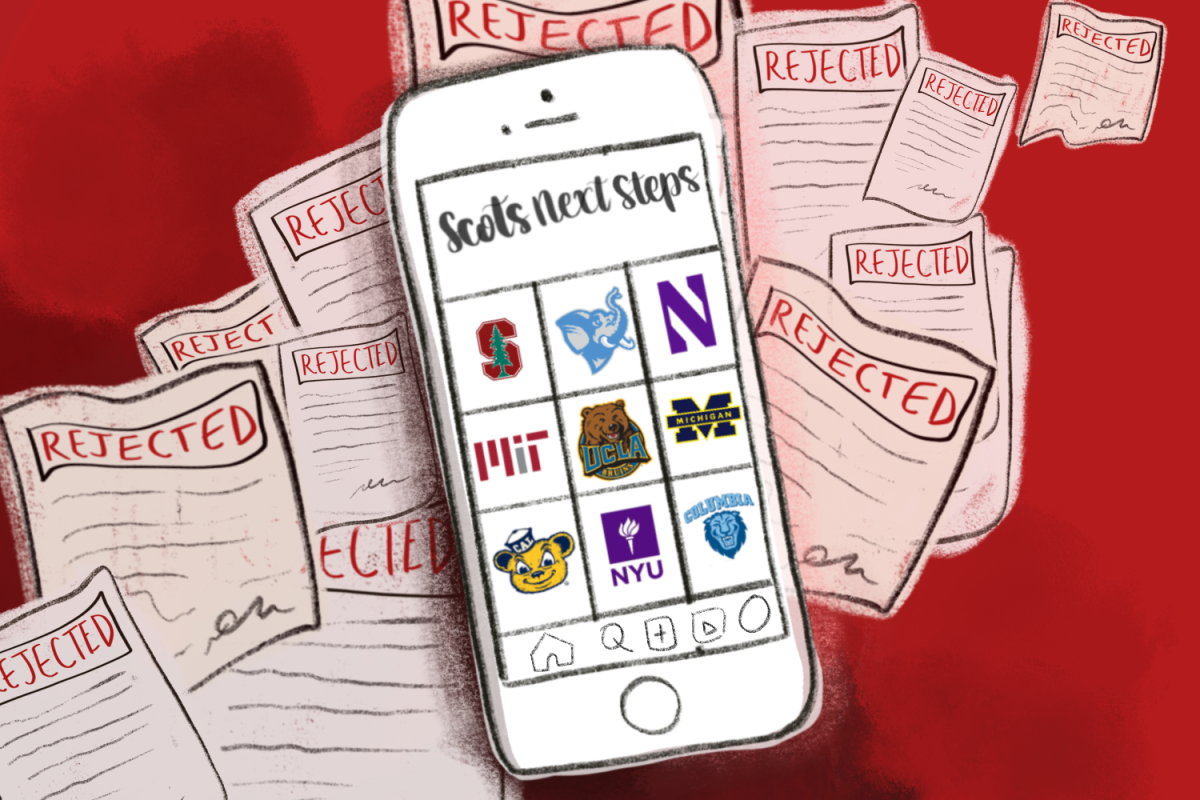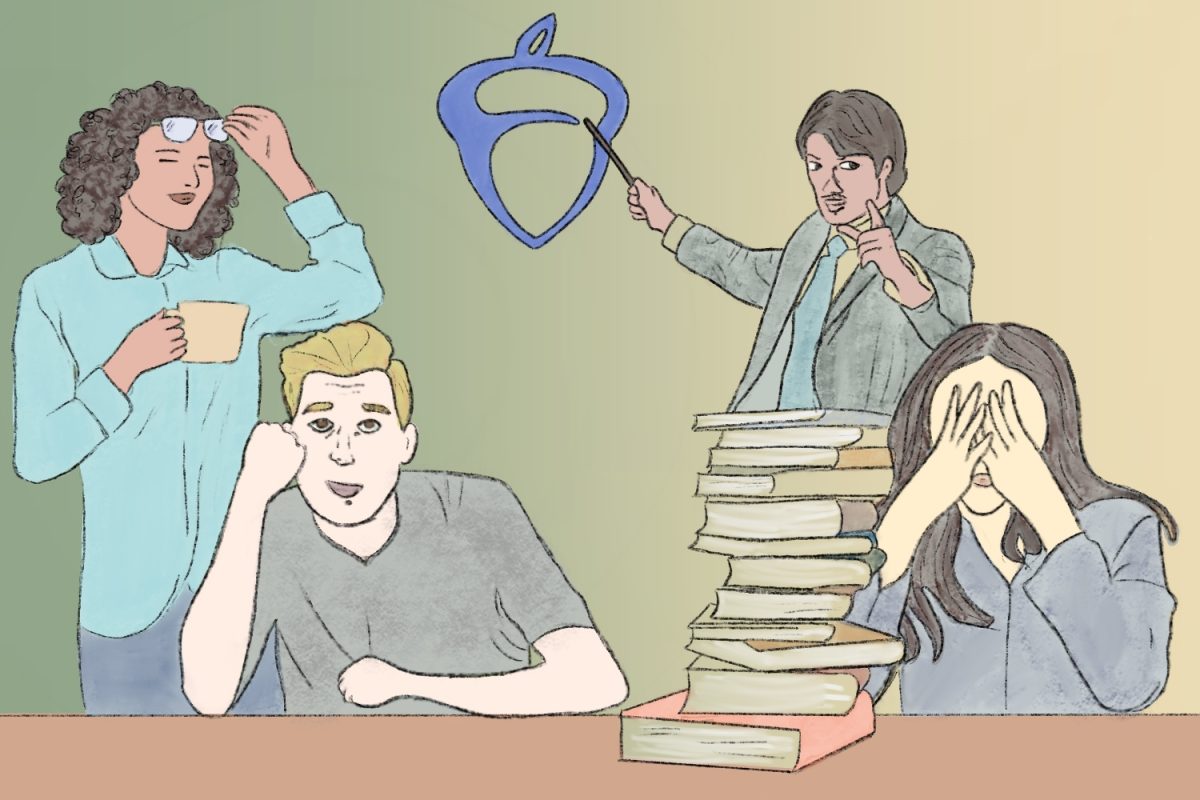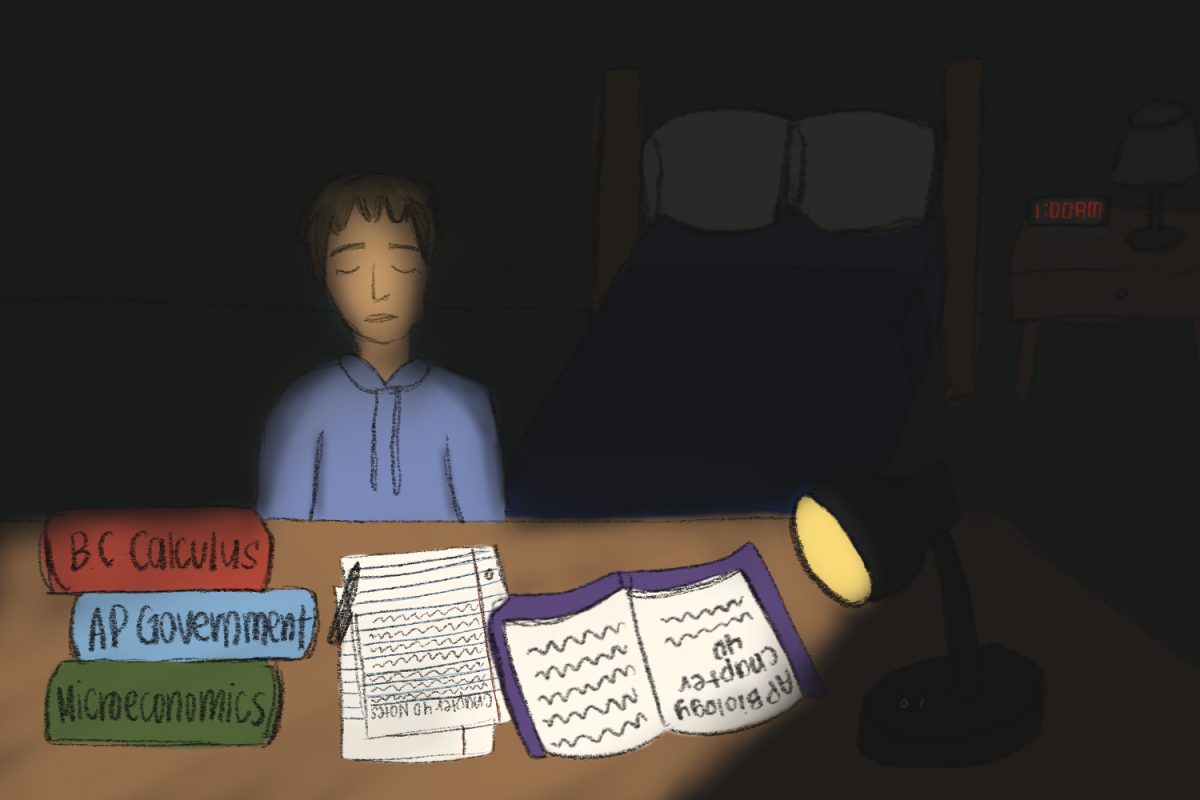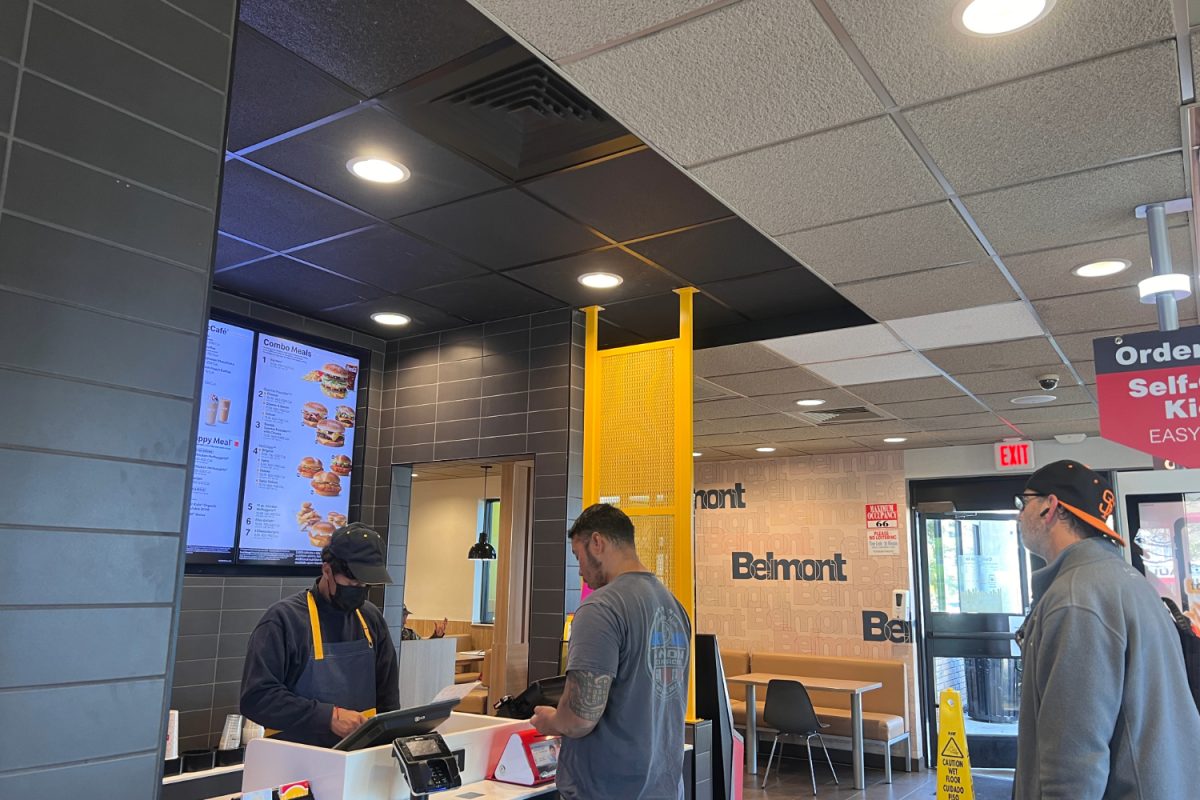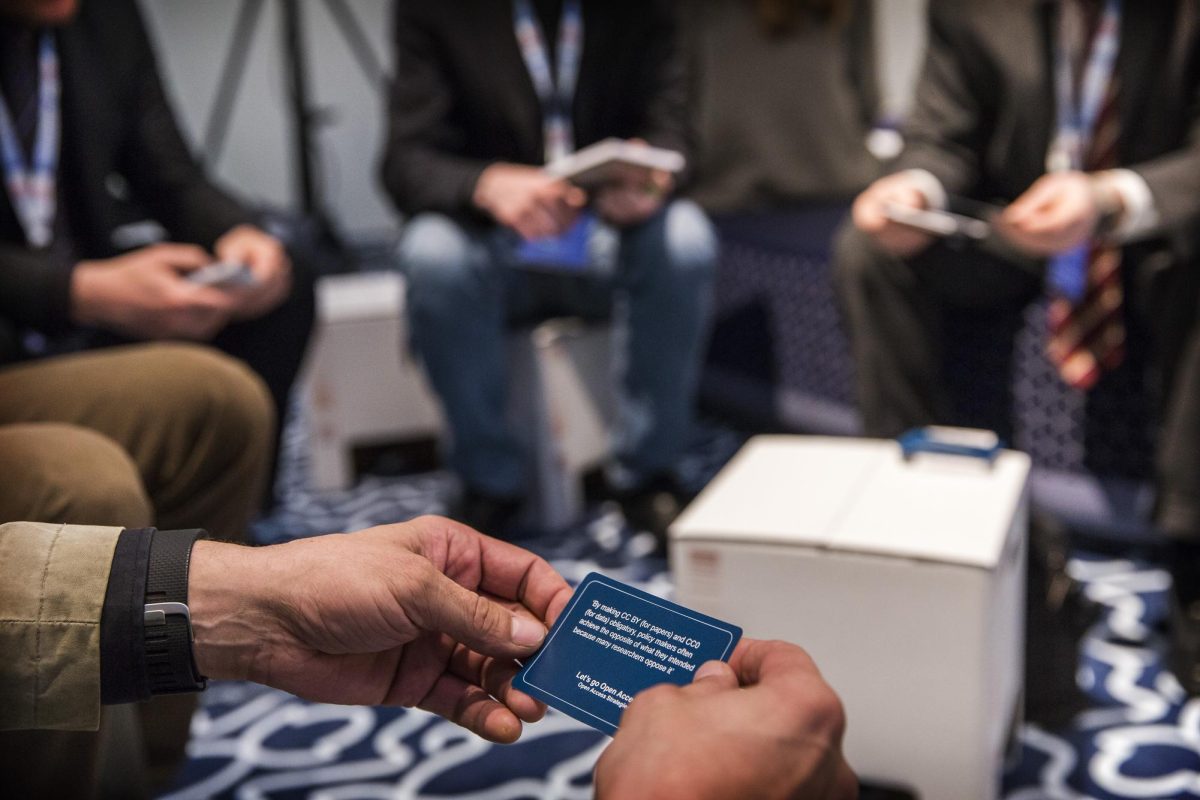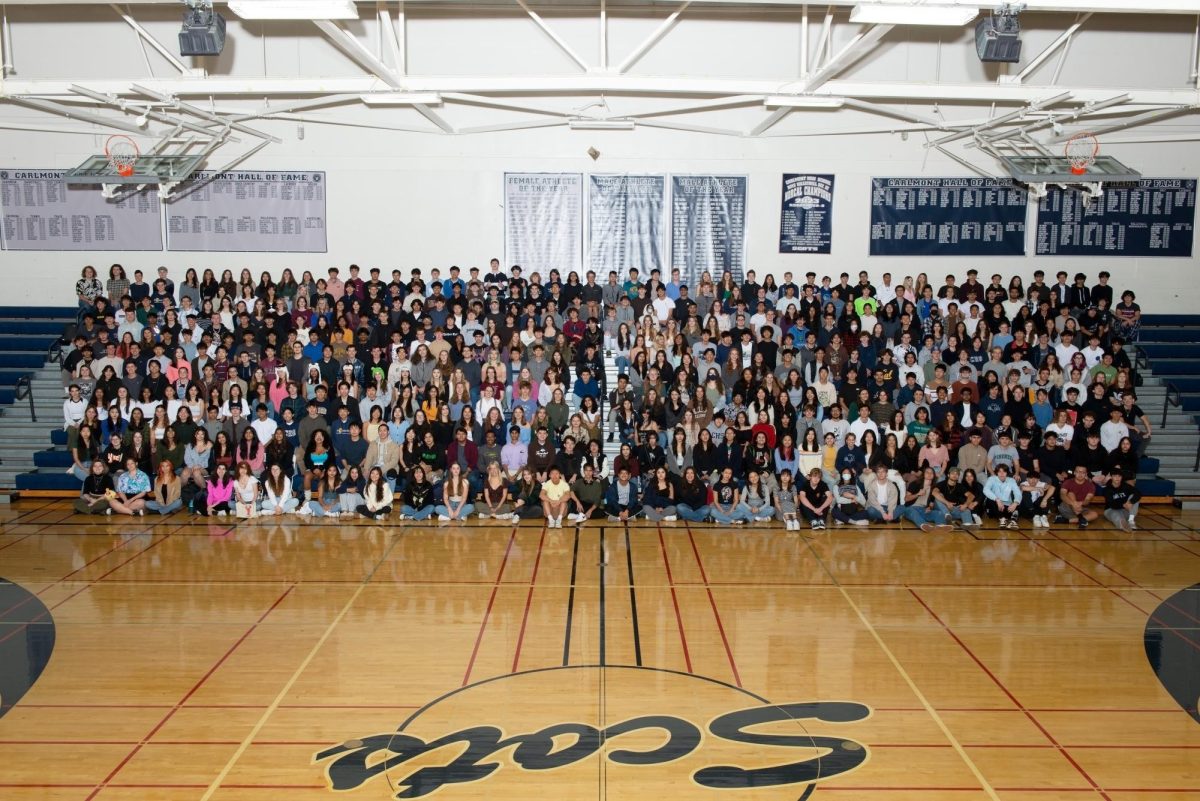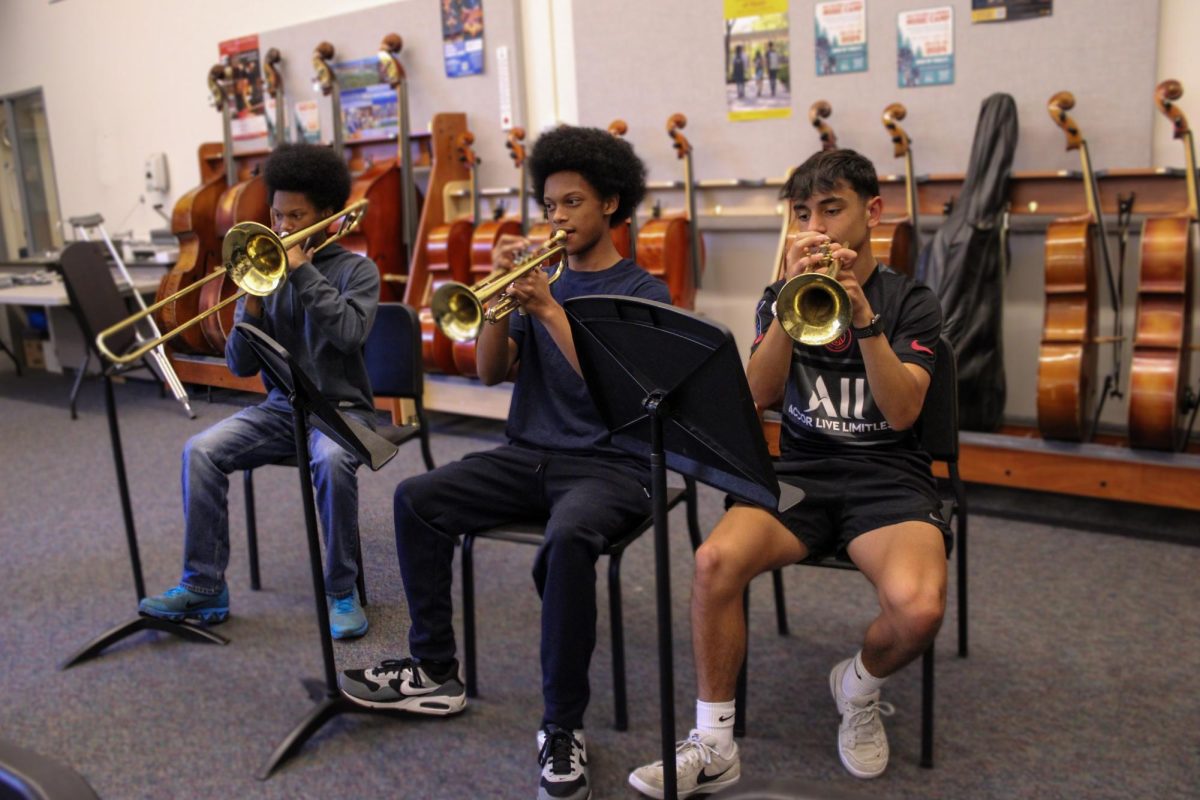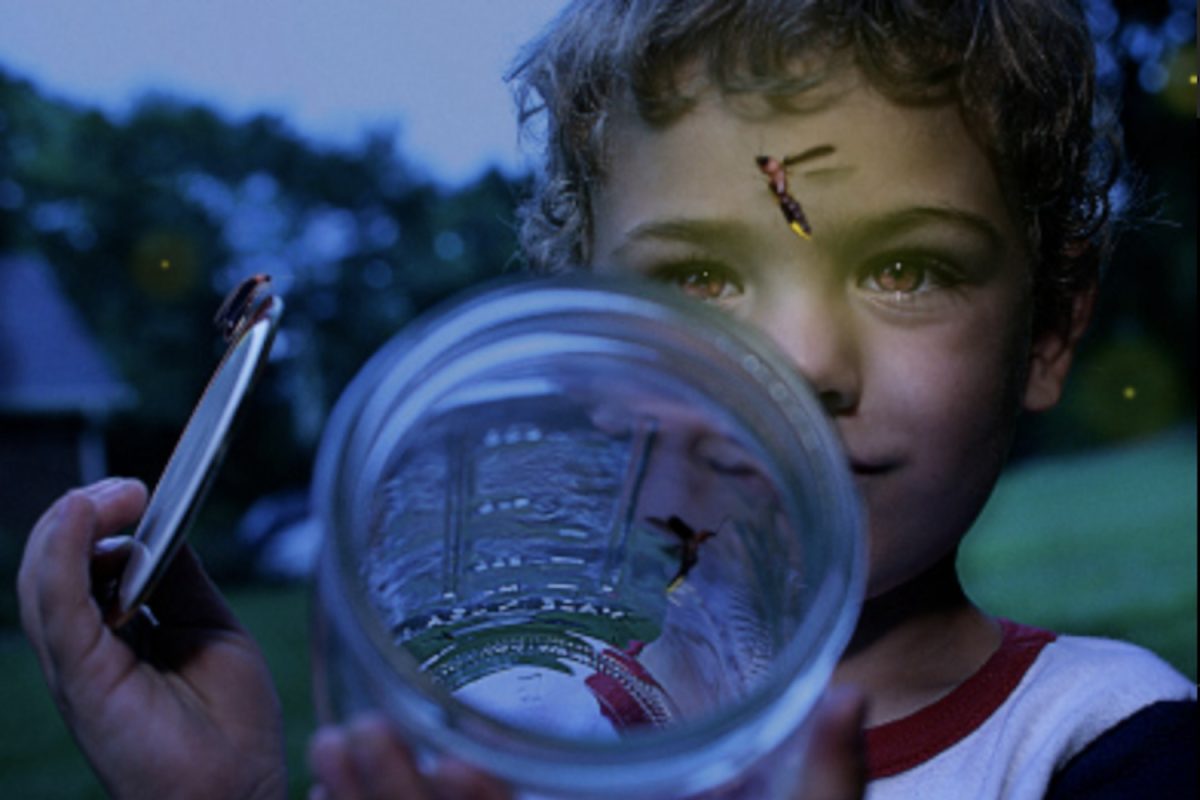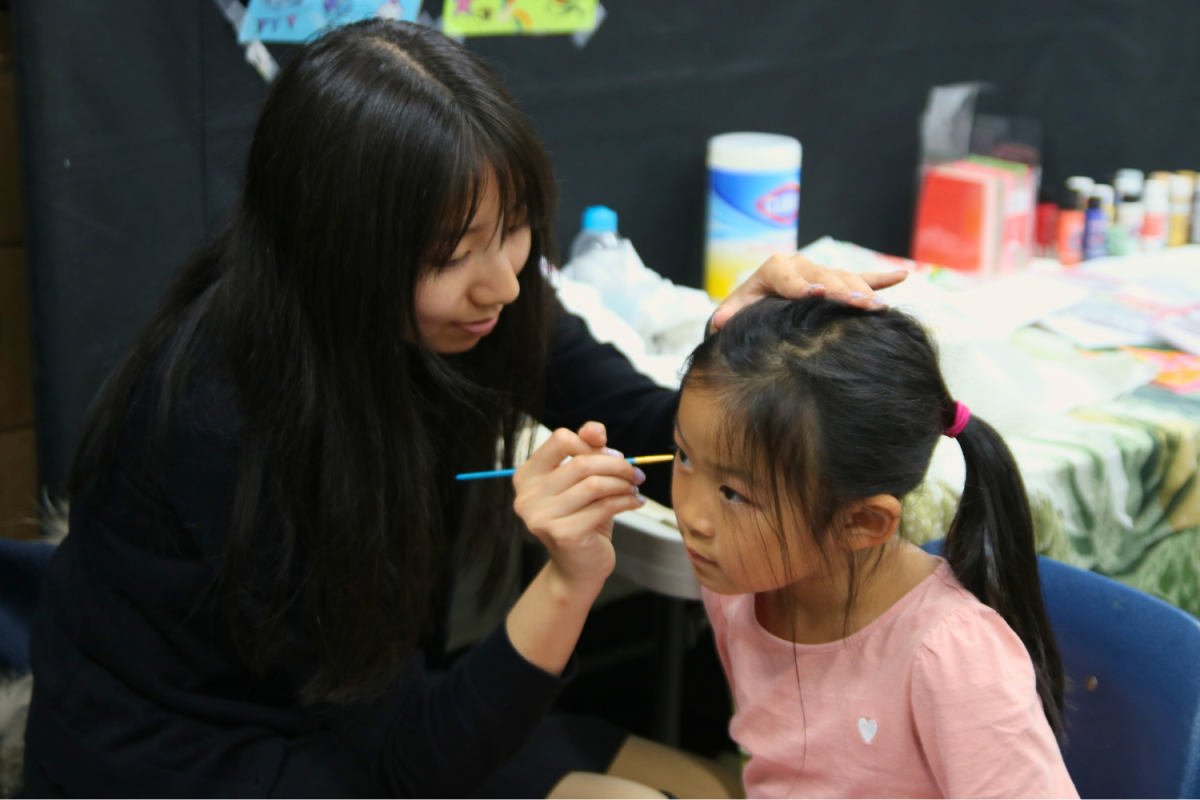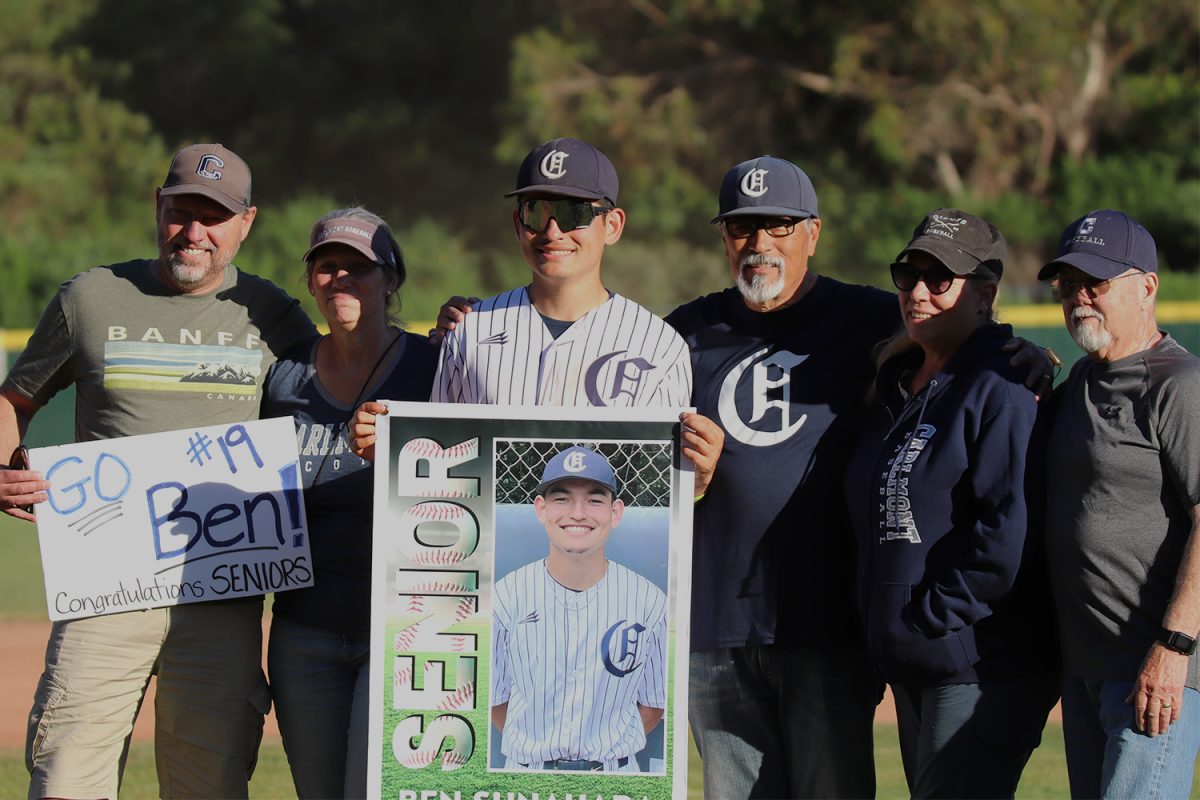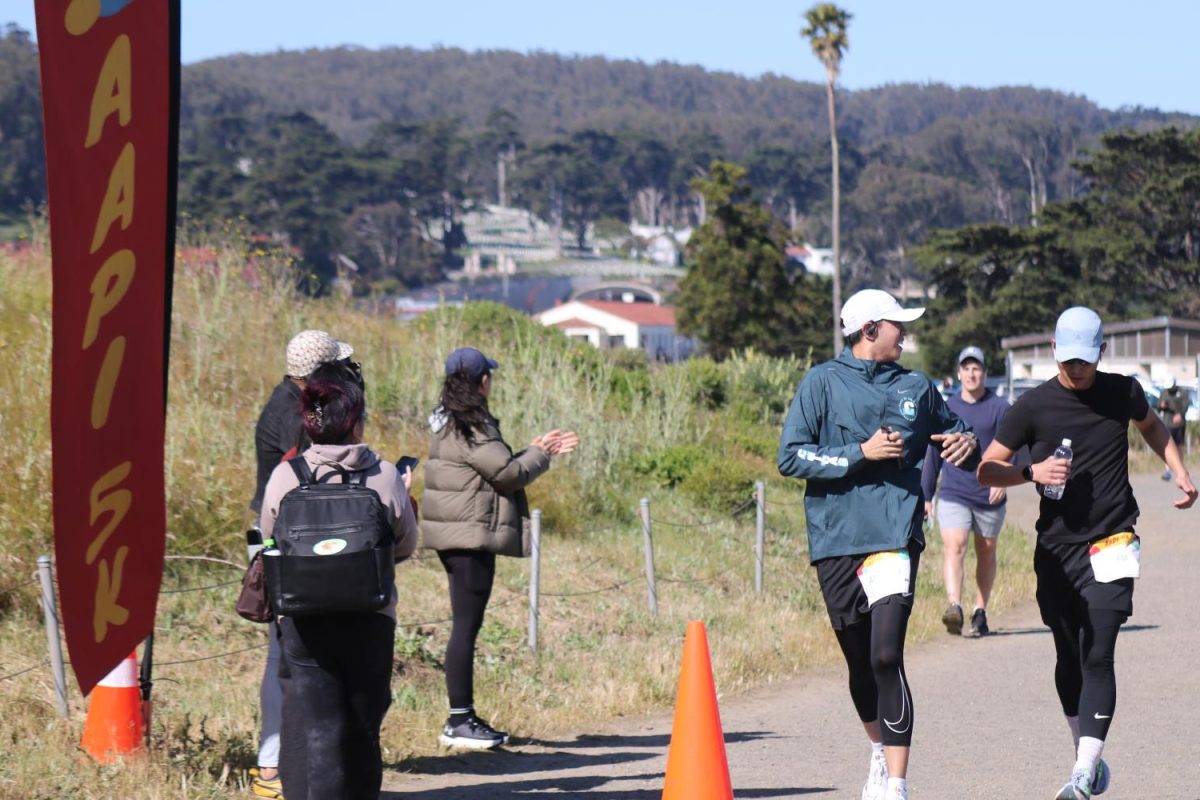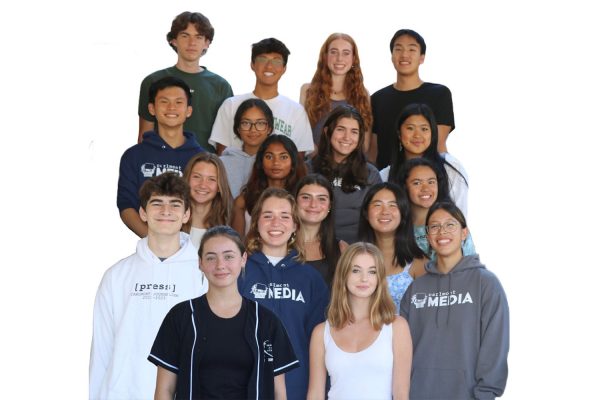Columbia. Harvard. Yale.
Household names, and names needed to get a household.
Education now defines a person’s worth and success. This is especially true in the Bay Area, where high costs of living entice the college educated.
As the saying goes, the apple doesn’t fall far from the tree, and parents are starting to force their mindsets on education onto their children. Talk to most Carlmont students and they’ll tell you the same thing: the pressure is high and the free time is low.
On an average day, I spend eight hours at school, another three hours on homework, and one to two hours on extracurriculars. This adds up to about a 12 hour work day. This is four more hours than the average adult’s nine-to-five.
According to the National Education Association (NEA), I, a junior in high school, should spend less than two hours on homework each night.
It’s detrimental to teenagers’ social development and mental health to spend copious amounts of time on homework. It can also affect academics. Studies have shown that students tend to perform worse when doing more than 100 minutes of homework. But, according to a Challenge Success and NBC News study in February 2021, high school students spend an average of three hours on homework each night. Schools continue to implement their expectations, even when they have no benefits.
This expectation of assigning more homework starts earlier than you think. A study published by the American Journal of Family Therapy found that elementary students are assigned almost three times the NEA recommendation. Elementary school students are being forced to spend time on homework that won’t contribute to their learning.
How many of us remember sitting at the kitchen table with our parents, crying because we asked for their help on math? Eight-year-olds can’t handle the frustration of extended time on homework and it ends up hurting their interests in academics in the long run.
There is nowhere that displays this toxic all-consuming focus on academics more than in the Bay Area. For instance, starting in 2009, Palo Alto experienced a series of suicide clusters that the community proclaimed were due to parental pressure and student stress. The Bay Area needs to recognize that the weight we place on students’ academics is too heavy for them to handle.
Colleges think they can solve student stress by pushing a narrative to see students as a “whole person,” rather than test scores, but this only creates an environment where both test scores and extracurriculars matter.
Now, the competition to be president of every extracurricular continues to plague students. After all, they hear the same phrase all the time. Colleges like to see leadership. Are you not good enough to get voted into an authoritative position? You need more extracurriculars on your resume.
College is treated as the final say in a person’s future, and in our society, it almost is. You can’t blame students and parents for fostering an environment where they push their students to get into top schools.
In the end, it’s only a change in society’s mindset — starting with the minds of those who control academics (teachers, administrators, college deans, and college admissions officers) — that will let students have a childhood instead of enrolling them in thousands of classes to turn them into miniature Googles before they can even read.
So yes, the U.S. News and World Report may say that California has earned fourth in the state competition for best high schools, but consider this: none of their categories measure student happiness.
**This editorial reflects the views of the Scot Scoop editorial board and was written by Lindsay Augustine.


